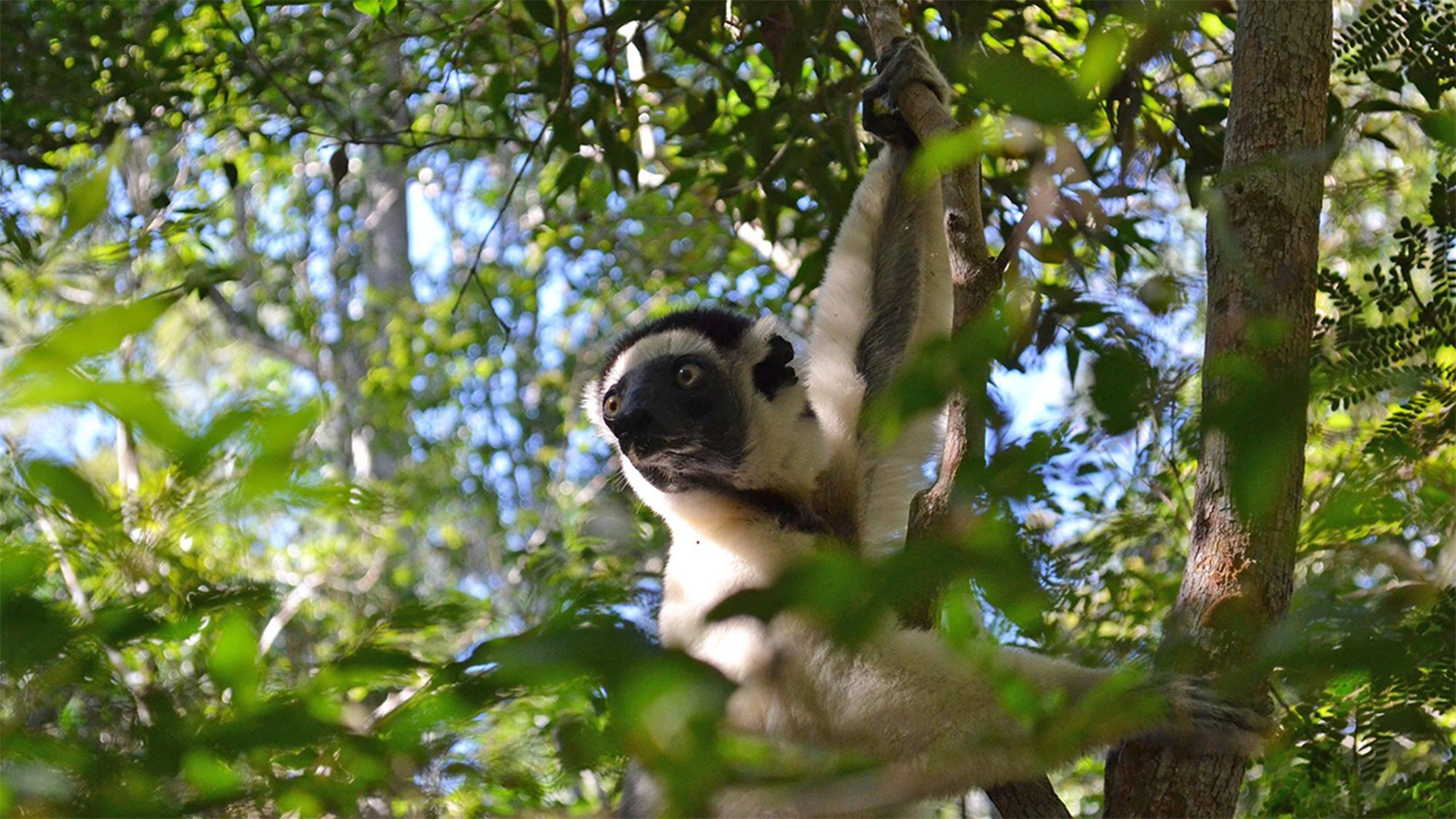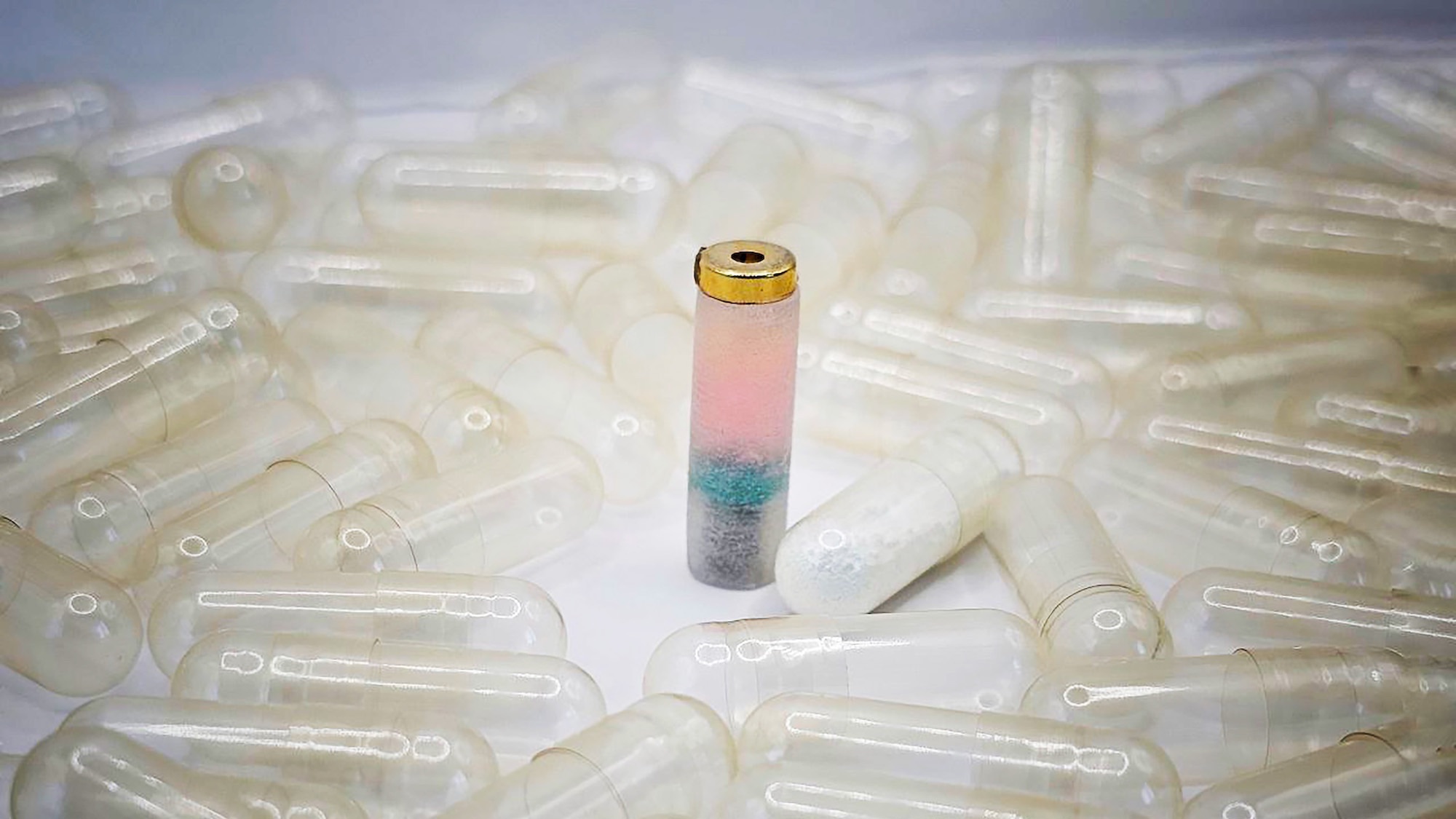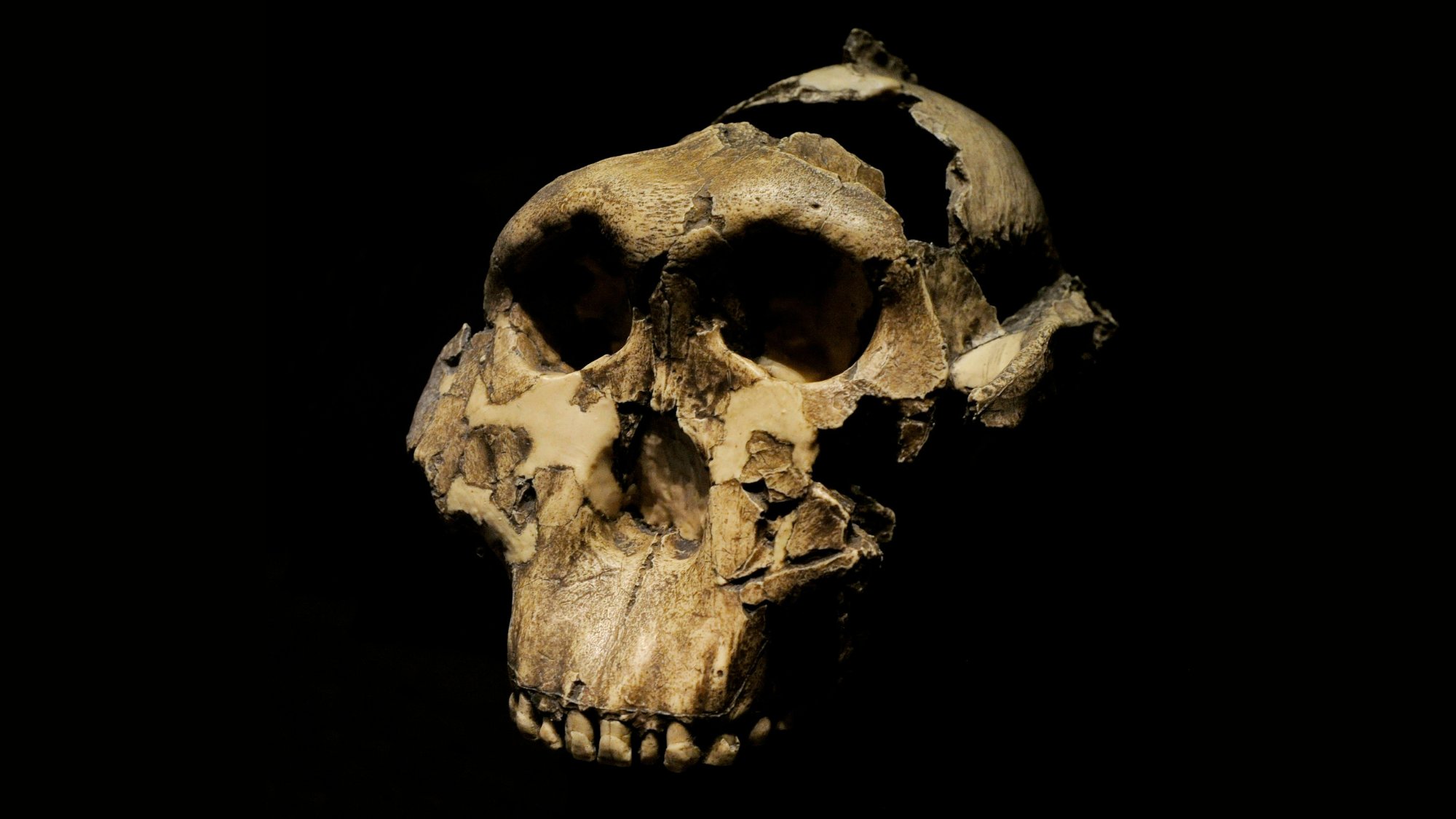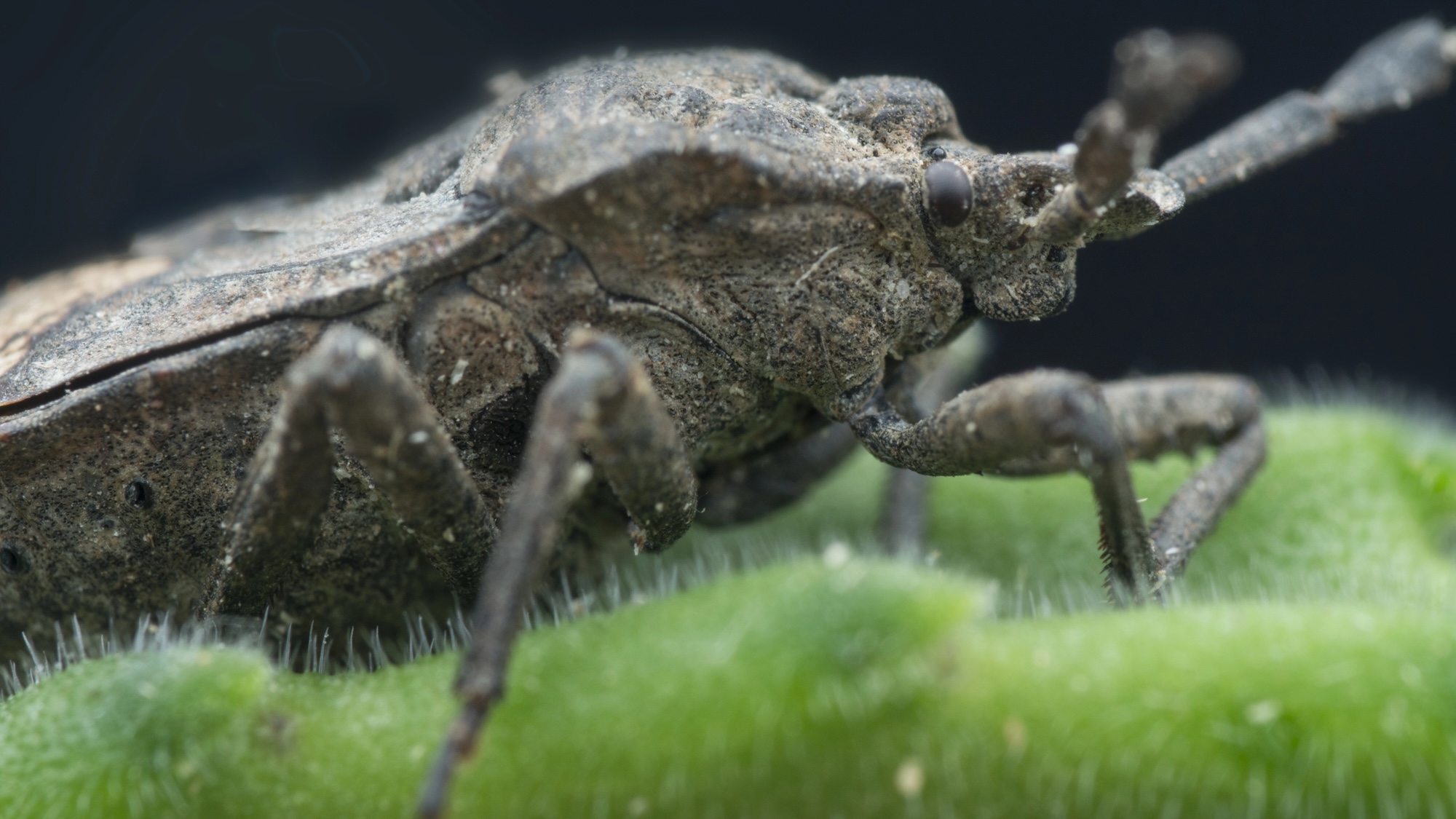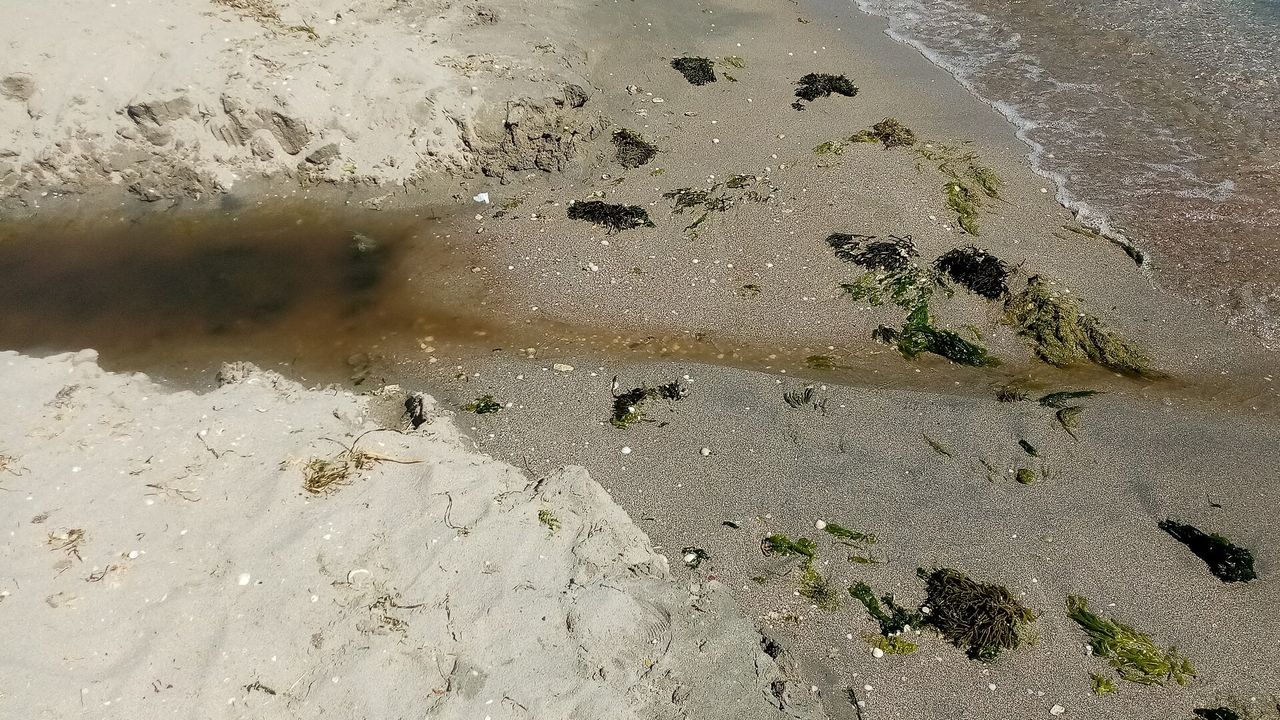Green sea turtle no longer Endangered
PositiveScience
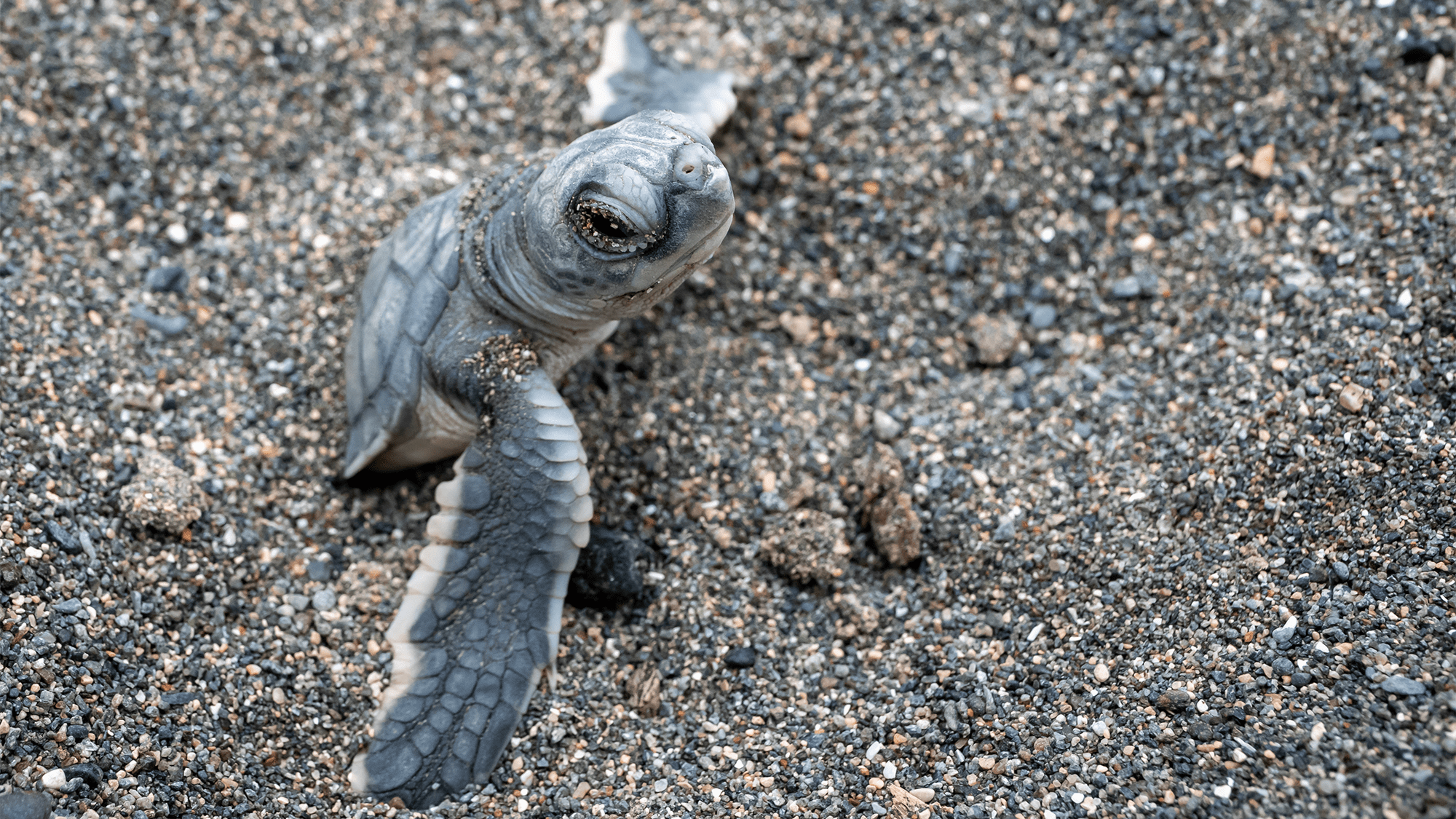
The green sea turtle, once on the brink of extinction, has made a remarkable recovery and is no longer classified as endangered. This positive shift highlights the success of conservation efforts and raises hope for other species facing similar threats. It's a testament to the impact of dedicated environmental protection and the importance of continued efforts to preserve our planet's biodiversity.
— Curated by the World Pulse Now AI Editorial System



